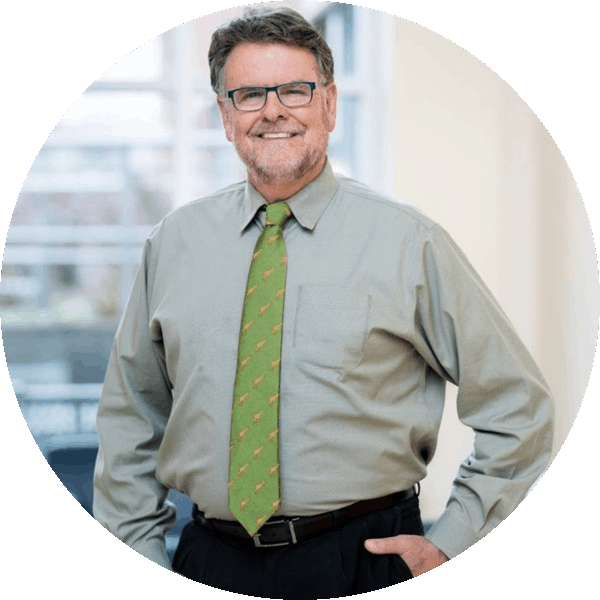Scientific Advocacy: A Shared Responsibility with FASEB Advocates
Scientific Advocacy Is a Shared Responsibility
 Biomedical and biological scientists have an obligation to take what they know about the scientific endeavor and share it broadly with policy makers and the general public, helping citizens make the connection between research and their daily lives, explains Michael Friedlander, PhD, vice president for health sciences and technology at Virginia Tech.
Biomedical and biological scientists have an obligation to take what they know about the scientific endeavor and share it broadly with policy makers and the general public, helping citizens make the connection between research and their daily lives, explains Michael Friedlander, PhD, vice president for health sciences and technology at Virginia Tech.
“Those of us who do research for a living are very privileged because we have the opportunity to see the promise of that research,” said Friedlander, who also serves as the founding executive director of the Fralin Biomedical Research Institute at Virginia Tech Carilion. “We can see what it can do for individual lives, for society, and for the planet. We have an obligation to share what we know with the people who don’t have the time to devote to scientific research or even learning about it.”
For Friedlander, advocacy on behalf of the biosciences is a long-term passion and a commitment. He enjoys both speaking with his colleagues and talking to people from other walks of life. “When you share it in a digestible and understandable way, whether it’s with kids or adults, you can see the spark and the excitement. It’s an exhilarating experience,” he said.
After living through the pandemic, and the challenges about the efficacy of tests, vaccines, and boosters, Friedlander believes the scientific community must be proactive in terms of outreach and communications about the value of science. “In the past, our baseline hasn’t been quite where it needed to be,” he said. “The need has only increased. We are at a time in our history where it’s more important than ever that people have some understanding of research and science—including the uncertainty that is inherent in the discovery enterprise.”
Part of that outreach includes inviting members of Congress into the research institute to better explain the biomedical research taking place there. On one such outing, U.S. Rep. Ben Cline (R-Va) and his staff took a tour of the facility and met the researchers who work there.
“We went into the details of the economic impact this research has on our community and discussed how important federal grants are to our investigators,” said Friedlander, noting that the work done in the lab was often sponsored by the federal government. “We described how many people we hire, and how that has a multiplier effect in the community.”
Friedlander’s advocacy work ranges from writing op-ed pieces and letters to the editor to hosting and speaking at public meetings. He is frequently invited to speak to community groups about the university’s research, and the university hosts regular public events on science and research, including the popular Fralin Biomedical Research Institute Maury Strauss Distinguished Public Lecture Series. Once a month, the series presents a speaker, ranging from Nobel Laureates and members of the National Academy of Sciences, Engineering and Medicine to policy leaders and heads of foundations and agencies.
“Through the series, I think we get the public excited about what’s going on in research,” said Friedlander. “We try to make sure we keep a bidirectional communication line open with the public about our research.”
Friedlander extends his public speaking to lobbying policy makers at the local, state, and federal levels. He has attended any number of advocacy days on Capitol Hill and feels the experience is a good one for researchers. And while he encourages them to participate when possible, he has more mixed feelings about early-career researchers getting involved in advocacy too early in their careers.
“I do worry sometimes about early-career people getting so involved with advocacy that they get distracted from building the scientific credentials of their own research programs,” said Friedlander. “Overall, though, I think it's very good that researchers, particularly those with a passion and a real sincere interest in advocacy, get involved.”